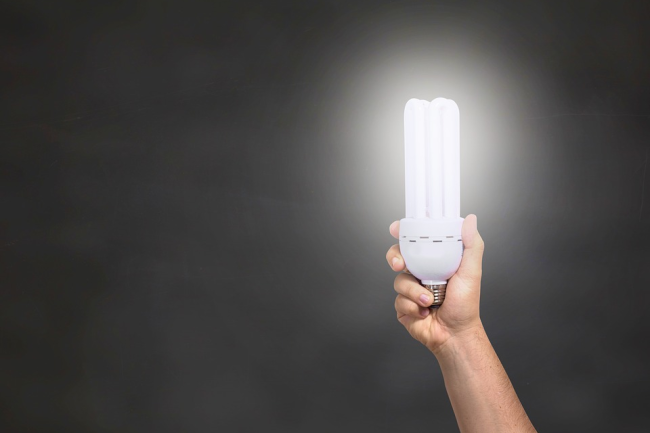The soaring prices of commodities and changes to various laws and ordinances surrounding taxes and household income are making it even more challenging for the average household to live a comfortable life. Adding to this is also the pressure to live a more eco-conscious lifestyle, as the effects of climate change have become more and more pronounced.
In order to not only save the environment but also money, here are a few changes you can make in your household:
- Make the switch to LED lighting
Switching to LED bulbs can save you more money in the long run. According to the US Department of Energy, LED light bulbs use 75 less energy than their incandescent counterparts and last a lot longer too.
- Use energy-efficient air conditioning
There’s a common misconception that using an air conditioner will increase your energy bill. While that can be true for older models, the technology for air conditioners has improved vastly over the last decade. Choose air conditioners that have the ENERGY STAR certification, and have a high Energy Efficiency Rating and Seasonal Energy Efficiency Rating.
- Switch to cold water
Using hot water for washing your clothes does two things. One, it can cause your clothes to shrink. Two, it can drive up your electricity bill. Turning down the temperature settings in your washer can give you more savings. Plus, you don’t have to worry about your sweaters shrinking to baby size.
- Skip the dryer
The dryer is also another appliance that can rack up the dollars on your energy bills. The average dryer costs about $0.36 per hour to dry a small load of clothes. While it doesn’t seem like much, most households dry huge piles of clothes, and incur other fringe expenses like dryer sheets and other laundry accessories. If you have the space for it, switch to hanging your clothes out to dry instead and save a minimum of $10 per day in the process.
- Insulate your home
One of the things that can make your heating system so costly is that your home has many exit points for the heated air. This makes the heating system inefficient. A great way to combat this is to insulate your home. You may want to enlist the help of a professional to insulate closed walls.
- Switch to a programmable thermostat
A lot of households still use thermostats with dials on them instead of the technologically advanced ones. Using a programmable thermostat can help lower your utility bills by ten to fifteen percent, since you can preset your thermostat to turn up and down during specific hours of the day.
- Air dry your dishes
The invention of the dishwasher made many housewives’ lives so much easier, but it created more budgeting constraints owing to the fact that dishwashers have an option to dry dishes using hot air. This consumes fifteen to fifty percent more energy than say, just letting the dishes air dry. So next time you load up your dishwasher, consider opening the door after the rinse cycle finishes.








